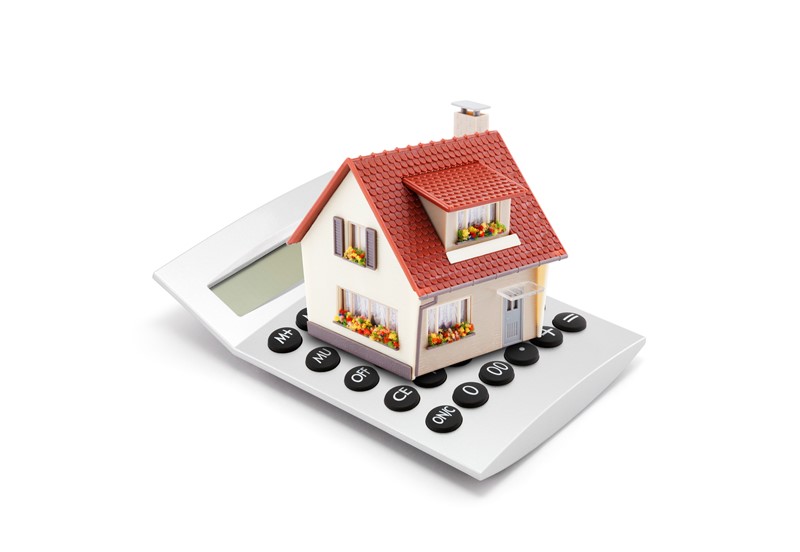In general, there is no CGT payable on a property disposal which has been used as the main family residence. An investment property which has never been used as a private residence will not qualify. This relief from CGT is commonly known as private residence relief.
Taxpayers are usually entitled to full relief from CGT where all the following conditions are met:
- The family home has been the taxpayers only or main residence throughout the period of ownership.
- The taxpayer has not let part of the house out – this does not include having a lodger.
- No part of the family home has been used exclusively for business purposes (using a room as a temporary or occasional office does not count as exclusive business use).
- The garden or grounds including the buildings on them are not greater than 5,000 square metres (just over an acre) in total.
- The property was not purchased just to make a gain.
If a property has been occupied at any time as an individual’s private residence, the last 9 months of ownership are disregarded for CGT purposes – even if the individual was not living in the property when it was sold. The time period can be extended to 36 months under certain limited circumstances. There are also special rules for homeowners that work or live away from home.
Married couples and civil partners can only count one property as their main home at any one time.



Recent Comments